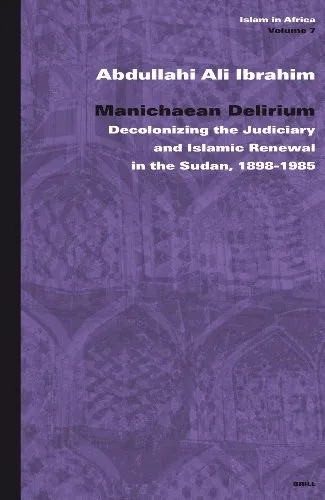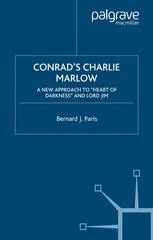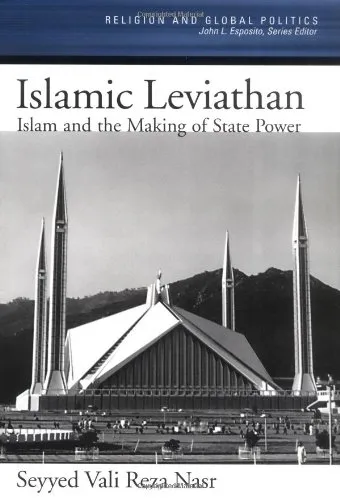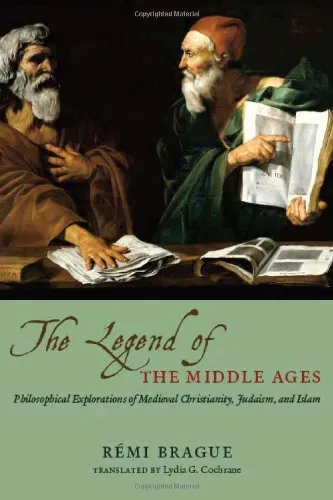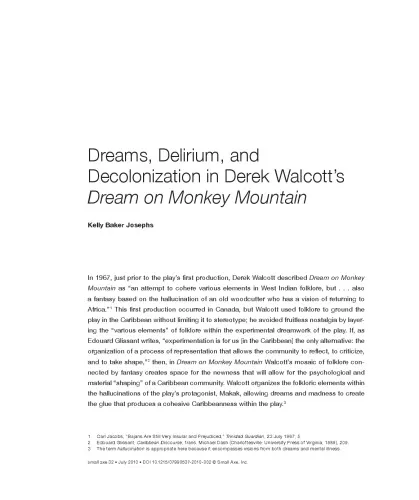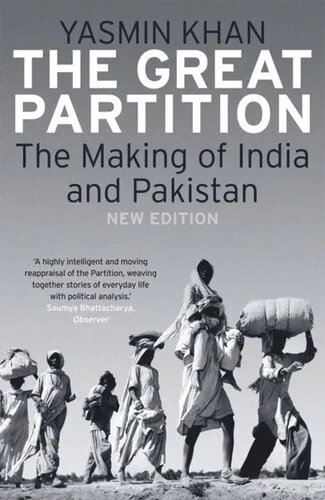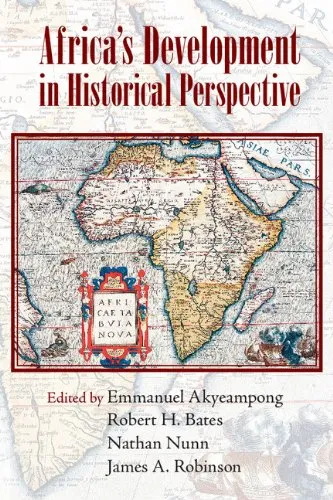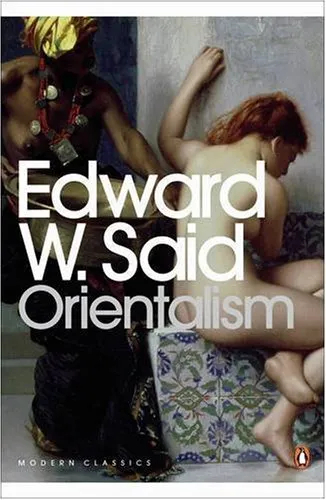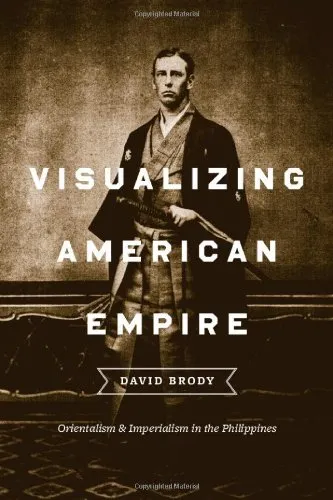Manichaean Delirium: Decolonizing the Judiciary and Islamic Renewal in Sudan, 1898-1985 (Islam in Africa)
4.3
بر اساس نظر کاربران

شما میتونید سوالاتتون در باره کتاب رو از هوش مصنوعیش بعد از ورود بپرسید
هر دانلود یا پرسش از هوش مصنوعی 2 امتیاز لازم دارد، برای بدست آوردن امتیاز رایگان، به صفحه ی راهنمای امتیازات سر بزنید و یک سری کار ارزشمند انجام بدینکتاب های مرتبط:
معرفی کتاب
کتاب "Manichaean Delirium: Decolonizing the Judiciary and Islamic Renewal in Sudan, 1898-1985" نوشته عبداللّه علی ابراهیم یکی از آثار مهمی است که به بررسی تأثیرات استعمار و تلاشهای اسلامی برای نوسازی در سودان میپردازد. این کتاب به صورت ویژه جریانهای حقوقی و قضایی این کشور را در پرتو چالشهای استعمار و پسااستعمار بررسی میکند.
خلاصهای از کتاب
کتاب به بررسی تعاملات پیچیده بین نیروهای استعماری و جامعه سودانی میپردازد که از ۱۸۹۸ تا ۱۹۸۵ میلادی به طول انجامید. این دوره از تاریخ سودان با تغییرات اساسی در ساختارهای حقوقی و قضایی کشور همراه بود و سؤالاتی عمده درباره هویت و حقوق اسلامی ایجاد کرد. نویسنده با دقت علمی و استفاده از منابع فراوان، تلاشهای مختلف برای نوسازی و اصلاحات اسلامی را در مقابل فشارهای خارجی و داخلی تحلیل میکند.
نکات کلیدی
- تعامل پیچیدهی بین نیروهای استعماری و جوامع محلی سودان.
- تحلیل دگردیسیهای حقوقی و قضایی سودان در قرن بیستم.
- نقش جریانهای اسلامی در تلاش برای استقلال و هویت بخشی به سیستم قضایی.
- بررسی موانع و چالشهای پیشروی اصلاحات اسلامی در دوران پسااستعمار.
نقلقولهای معروف از کتاب
"در سودان، نظام حقوقی نه تنها بهعنوان ابزاری برای عدالت، بلکه بهعنوان عرصهای برای نبردهای ایدئولوژیک دیده میشد."
"تلاش برای نوسازی اسلامی، نه یک بازگشت به گذشته، بلکه یک واکنش تطبیقی به چالشهای مدرن است."
چرا این کتاب اهمیت دارد
این کتاب یکی از منابع معتبر درباره تاریخ سودان و چالشهای حقوقی و قضایی ناشی از استعمار است. با بررسی دقیق و مستند از رخدادهای مهم، این اثر به فهم بهتر تعاملات بین استعمار و مشروعیت اسلامی کمک شایانی میکند. برای پژوهشگران حوزه تاریخ، حقوق و مطالعات اسلامی، این کتاب فرصتی بینظیر برای درک عمق و گسترهی تغییرات نهادی در سودان فراهم میسازد. همچنین از نظر سیاسی و اجتماعی، این کتاب مثالی از چگونگی مقاومت فرهنگهای محلی در برابر هویتهای تحمیلی استعمارگران ارائه میدهد.
Welcome to the world of "Manichaean Delirium: Decolonizing the Judiciary and Islamic Renewal in Sudan, 1898-1985." This groundbreaking work explores the intricate tapestry of Sudanese socio-political life, colonial legacies, and the profound impacts of Islamic renewal on the judiciary system. Authored by 'Abdullahi Ali Ibrahim', the book delves into the historical complexities of Sudan and offers a nuanced narrative of its journey towards decolonization and Islamic rejuvenation.
Detailed Summary of the Book
"Manichaean Delirium" is an in-depth analysis of Sudan's colonial and post-colonial legal systems, documenting the transition from British rule to independent Islamic governance. Spanning the years 1898 to 1985, the book scrutinizes the ideological and practical confrontations that arose as Sudan sought to establish a judiciary in alignment with Islamic principles while disentangling itself from its colonial past. This tension is articulated through a detailed examination of the judicial reforms, political narratives, and the socio-religious dynamics that influenced these transformative years.
Ibrahim investigates the profound duality within Sudanese society — a nation grappling with both the allure of modern statehood and a deep-seated yearning for an Islamic identity. By scrutinizing the legislative evolutions and intellectual discourses, the book uncovers the oscillations between colonial legacies and religious aspirations, highlighting prominent figures and moments that shaped Sudan's judicial landscape. The narrative unfolds the implications of these legal transformations on nationalism, identity, and sovereignty, dramatically capturing the essence of Sudan's "Manichaean Delirium."
Key Takeaways
- The book reveals the intricate balance Sudan strove for in aligning its judiciary system with Islamic law while decolonizing its legal framework.
- It provides an insightful exploration of the intellectual and cultural resistance against colonial legal impositions.
- Through detailed historical analysis, the text underscores the relationship between law, religion, and nationalism in shaping Sudanese identity.
- The narrative underscores the complexity of post-colonial states in redefining governance through the lens of traditional religious values.
Famous Quotes from the Book
"In the heart of Sudan’s legal evolution lay a restless struggle — a yearning to harmonize governance with the spiritual ethos of its people."
"Decolonization was not merely a political endeavor; it was a profound cultural renaissance attempting to reclaim the soul of the Sudanese judiciary."
Why This Book Matters
"Manichaean Delirium" is more than a historical account; it is a critical exploration of the ideological battles that continue to resonate in Sudan and beyond. This book is essential for understanding the complexities of decolonization and the impact of religious revivalism on state institutions. It adds significantly to academic discussions, offering a fresh perspective on how nations navigate legal and cultural identities in the post-colonial era. By examining the Sudanese experience, it informs broader debates on the role of religion in public life and governance, making it a crucial read for scholars, historians, and anyone interested in the dynamics of cultural and legal transformations.
دانلود رایگان مستقیم
شما میتونید سوالاتتون در باره کتاب رو از هوش مصنوعیش بعد از ورود بپرسید
دسترسی به کتابها از طریق پلتفرمهای قانونی و کتابخانههای عمومی نه تنها از حقوق نویسندگان و ناشران حمایت میکند، بلکه به پایداری فرهنگ کتابخوانی نیز کمک میرساند. پیش از دانلود، لحظهای به بررسی این گزینهها فکر کنید.
این کتاب رو در پلتفرم های دیگه ببینید
WorldCat به شما کمک میکنه تا کتاب ها رو در کتابخانه های سراسر دنیا پیدا کنید
امتیازها، نظرات تخصصی و صحبت ها درباره کتاب را در Goodreads ببینید
کتابهای کمیاب یا دست دوم را در AbeBooks پیدا کنید و بخرید
1418
بازدید4.3
امتیاز0
نظر98%
رضایتنظرات:
4.3
بر اساس 0 نظر کاربران
Questions & Answers
Ask questions about this book or help others by answering
No questions yet. Be the first to ask!
